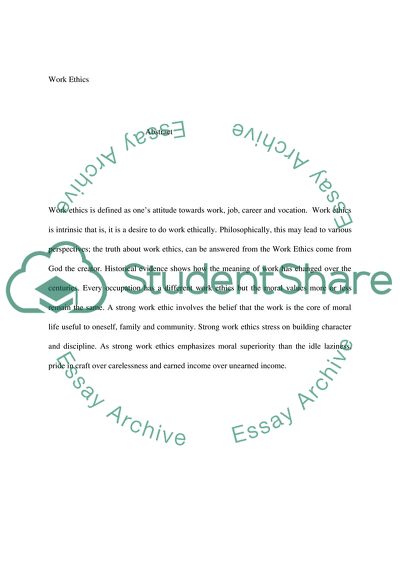Cite this document
(Change in Peoples Attitude towards Work Ethics Assignment, n.d.)
Change in Peoples Attitude towards Work Ethics Assignment. Retrieved from https://studentshare.org/social-science/1751527-work-ethics
Change in Peoples Attitude towards Work Ethics Assignment. Retrieved from https://studentshare.org/social-science/1751527-work-ethics
(Change in Peoples Attitude towards Work Ethics Assignment)
Change in Peoples Attitude towards Work Ethics Assignment. https://studentshare.org/social-science/1751527-work-ethics.
Change in Peoples Attitude towards Work Ethics Assignment. https://studentshare.org/social-science/1751527-work-ethics.
“Change in Peoples Attitude towards Work Ethics Assignment”, n.d. https://studentshare.org/social-science/1751527-work-ethics.


